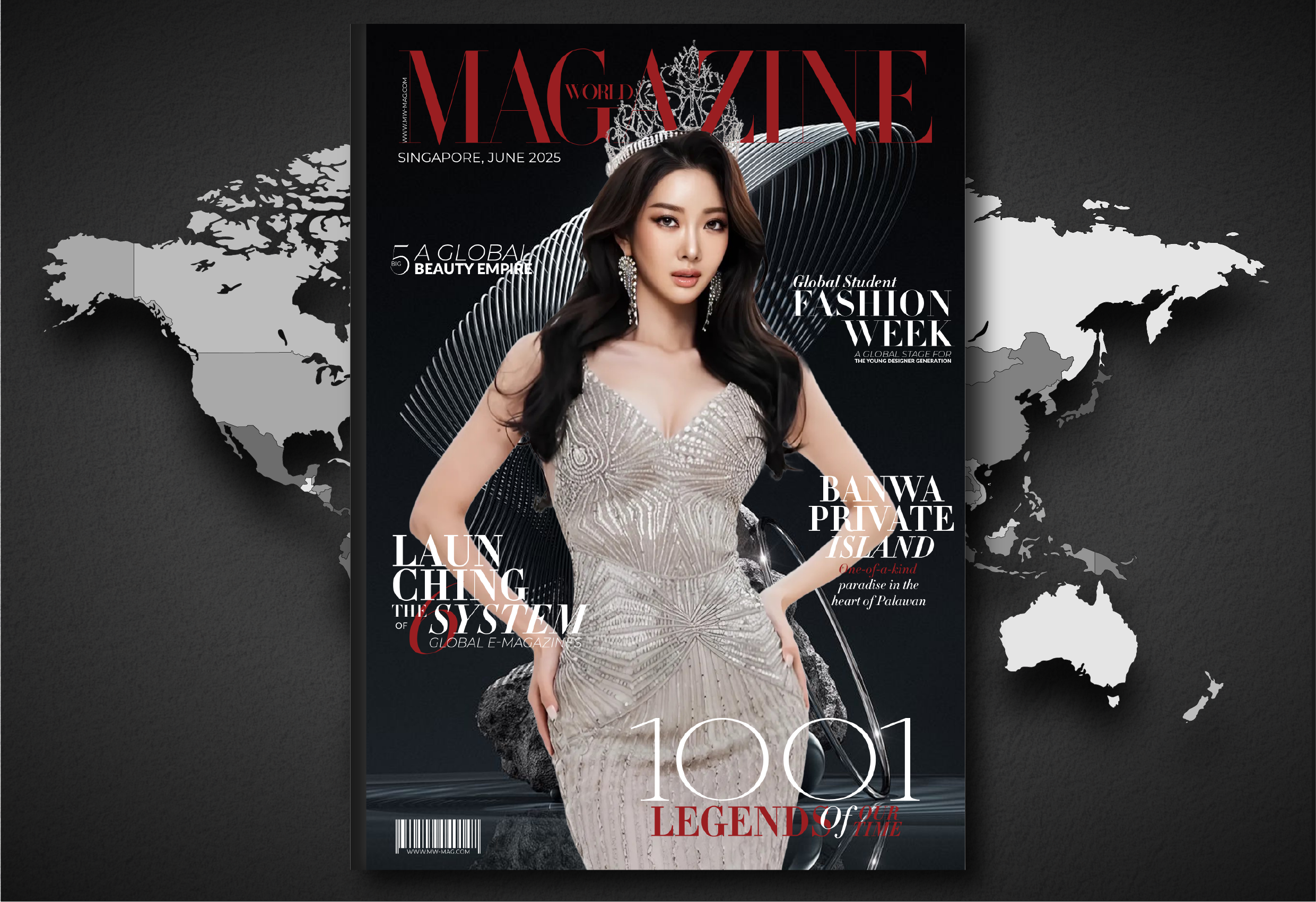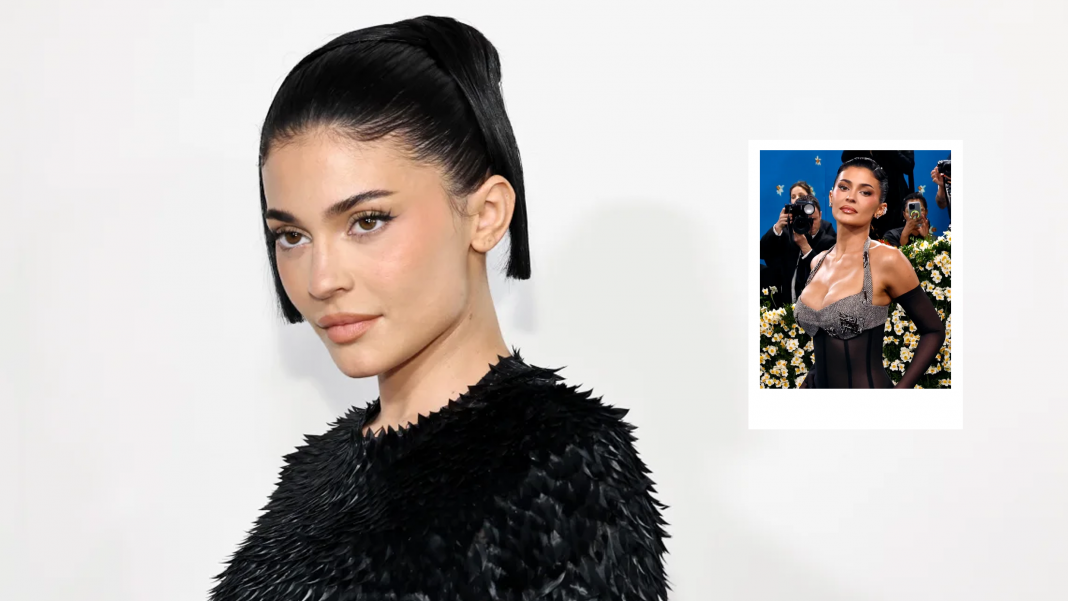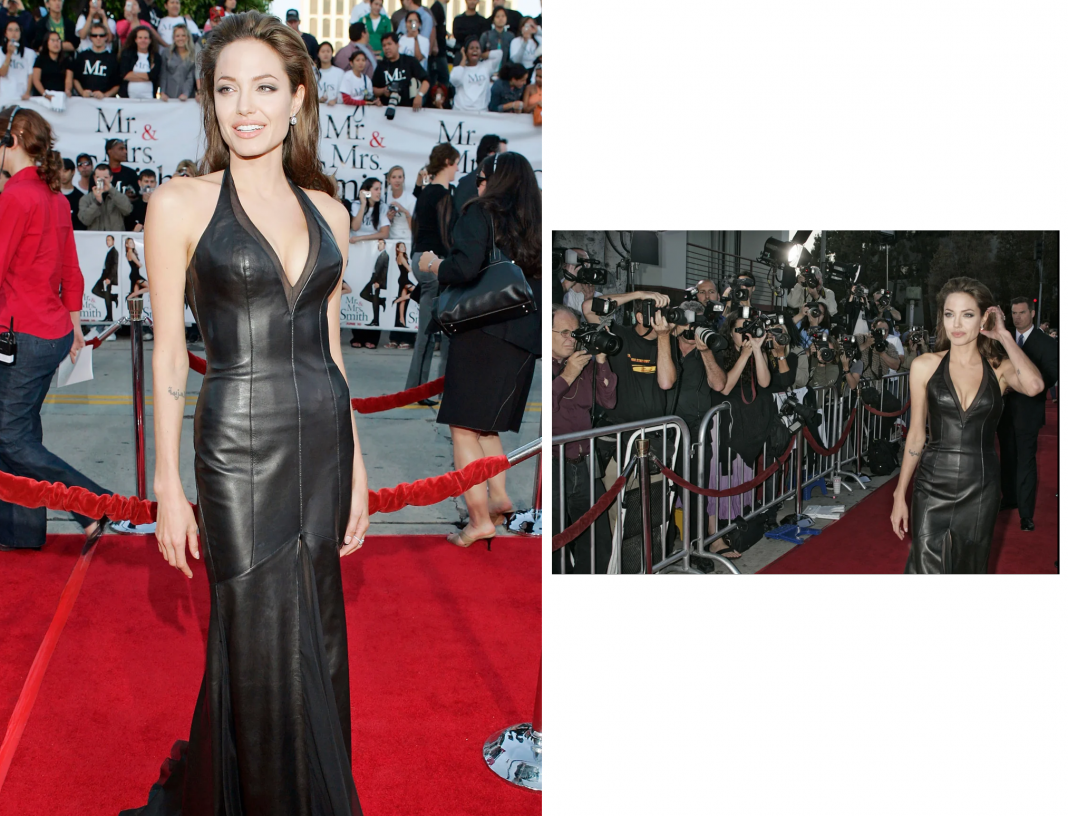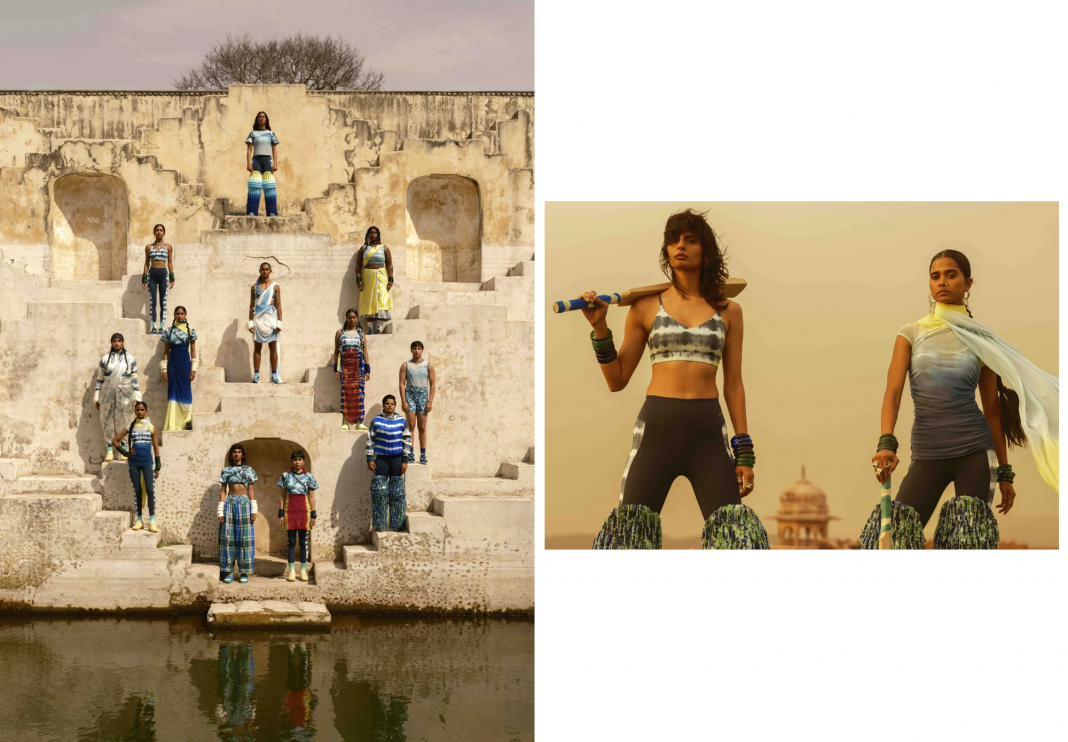When Kylie Jenner casually dropped the exact specs of her breast implants on TikTok, the internet buzzed with admiration, surprise — and concern. Was this a refreshing moment of honesty in a beauty industry built on illusion, or a normalization of high-stakes surgery that reinforces harmful ideals? As the youngest Jenner opens up, the implications of her candor ripple far beyond the realm of celebrity gossip.
Breaking the silence — or crossing a line?
Cosmetic surgery, though undeniably common in the celebrity world, has long been cloaked in secrecy. Even when stars do go public about their procedures, it’s often wrapped in regret, necessity, or damage control. Ariana Grande admitted to lip fillers only after years of speculation. Bella Hadid expressed remorse for her nose job, mourning the loss of her ancestral features. And Zac Efron attributed his jaw transformation to injury, not aesthetics.
So when Kylie Jenner — reality TV mogul and founder of Kylie Cosmetics — casually commented on TikTok about the specifics of her breast augmentation, she seemed to break new ground. In a now-deleted comment to influencer Rachel Leary, Jenner listed everything from the implant type and size (“445 cc, moderate profile”) to the surgeon who performed the procedure (“Garth Fisher!!!”), ending with a breezy “hope this helps lol.”
To some, it felt like a modern feminist gesture — open, unapologetic, and practical. One TikTok user crowned her “the people’s princess.” Another hailed her as “for the girls.” Others saw her frankness as a healthy counterpoint to the silence and shame that often surround plastic surgery. After all, if celebrities are undergoing these procedures in droves, isn’t it better they’re honest about it?
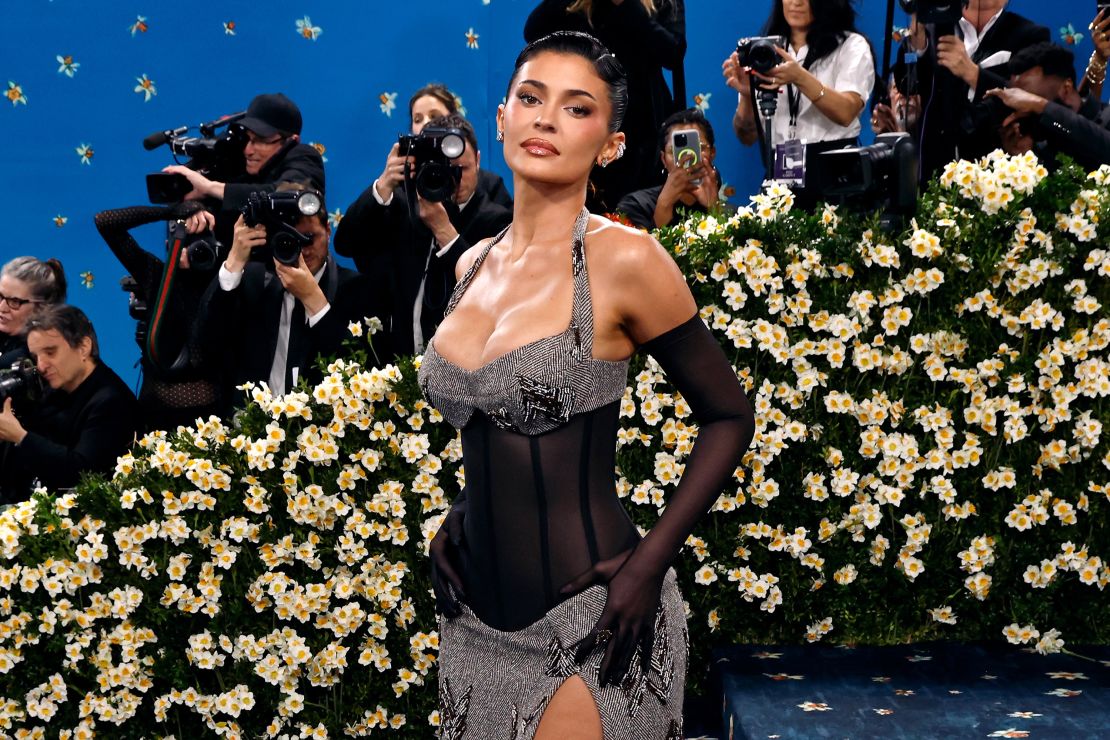
A moment of honesty — with consequences
Jenner’s openness was widely applauded in the media. Fashion magazines like Harper’s Bazaar praised her as part of a “new era of plastic surgery transparency,” suggesting that sharing reputable surgeons’ names might even make the industry safer. With her mother Kris Jenner recently confirming her own facial surgery and celebrities like Amy Schumer and Marc Jacobs posting post-op selfies, the age of secrecy seems to be giving way to one of surgical candor.
But transparency is not without its risks. Breast augmentation, though common, is still an invasive procedure that carries medical risks including infection and a rare cancer called BIA-ALCL. In 2023, over 300,000 breast augmentations were performed in the U.S., according to the American Society of Plastic Surgeons — a stark increase from the year 2000. But removals are also on the rise, climbing 9% just last year.
What’s more, Jenner herself has expressed second thoughts. On a 2023 episode of The Kardashians, she admitted: “I had beautiful breasts. Just gorgeous. Perfect size, perfect everything… and I just wish, obviously, I never got them done to begin with.” This contradiction — public regret, followed by a viral how-to — highlights the complicated terrain celebrities must navigate when discussing body modifications.
The price of perfection in the age of hypercapitalism

To cultural critic and journalist Elise Hu, Jenner’s post reflects how normalized cosmetic surgery has become. As the author of Flawless: Lessons in Looks and Culture from the K-Beauty Capital, Hu sees Jenner’s candor as an extension of a culture where beauty is no longer natural or accidental — it’s a result of labor, money, and choice. “Being open about body modification makes total sense to me in this day and age,” Hu said via email. “It reflects a culture in which ‘working hard’ includes working hard to transform your appearance to meet current beauty standards.” Yet for all its supposed empowerment, this normalization of body modification has a darker side.
“Beauty imperatives aren’t victimless,” Hu warns. “They teach us to internalize our external appearance as our worth. And in hyper capitalism, offering specific doctors or silicone amounts situates our looks as a matter of resources — implying that, if you have enough money, you can ‘buy’ the body that equates to social value.”
Jenner’s offhand listing of her surgical choices, then, is more than a tip-sharing moment. It can be seen as a guidebook for those aspiring to meet ever-evolving beauty ideals — ideals increasingly dictated not just by trends, but by the economic power to surgically conform to them.
Transparency or perpetuation?
In this light, Jenner’s confession is a double-edged sword. On one hand, it disrupts the culture of concealment that has long defined Hollywood beauty. On the other, it risks trivializing serious surgical decisions and promoting them as casual beauty hacks.
By offering a “how-to” for her breast augmentation, Jenner reinforces the idea that natural variation — breasts that are small, asymmetrical, or aged — is a problem to be solved, not accepted. In doing so, she may inadvertently deepen the pressure many women already feel to live up to curated standards of perfection.
Her revelation may not be a straightforward setback for beauty standards — but it’s certainly not a simple win for transparency either. As with many things Kardashian-Jenner, it’s complicated, commercial, and culturally powerful. And like the glossy products she sells, it’s wrapped in the promise that beauty, and its rewards, are just a purchase away.
Final thought:
Kylie Jenner’s TikTok may have been a throwaway comment, but its implications are profound. In a world where beauty is currency, the line between empowerment and pressure grows ever thinner. Whether her openness marks progress or regression depends not just on how we receive it — but on who can afford to follow.



